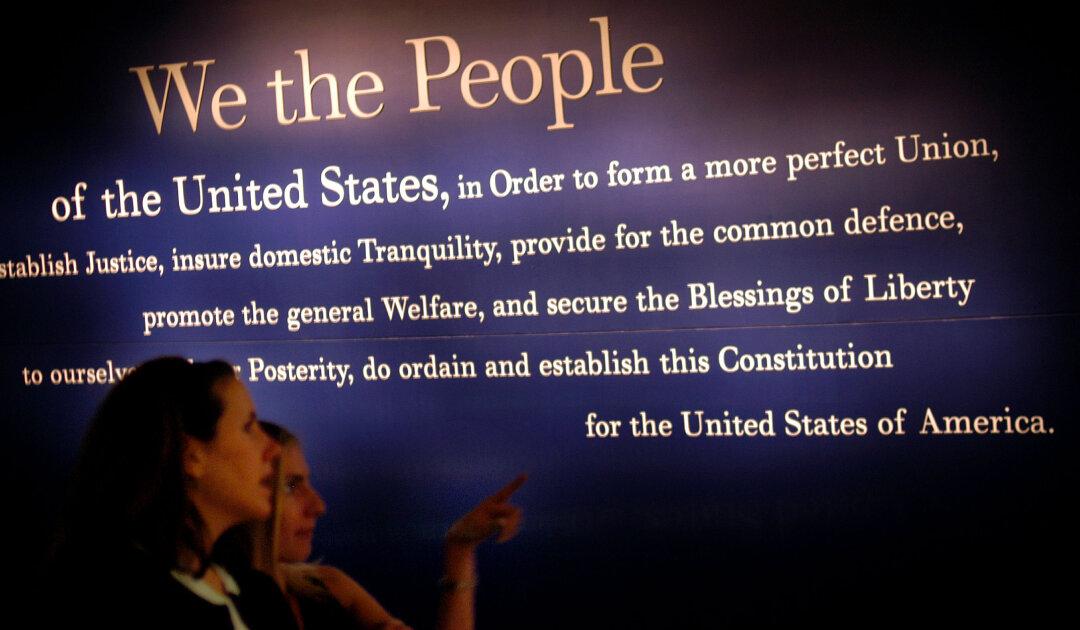Virginia, on Jan. 15 became the 38th state to vote to ratify the Equal Rights Amendment (ERA) after the Senate and House of Delegates voted to approve the change to the U.S. Constitution.
Democratic lawmakers in the state-approved two separate but similar resolutions that would ratify the ERA in Virginia. Its being hailed as a historical moment and significant victory for women’s rights groups.




